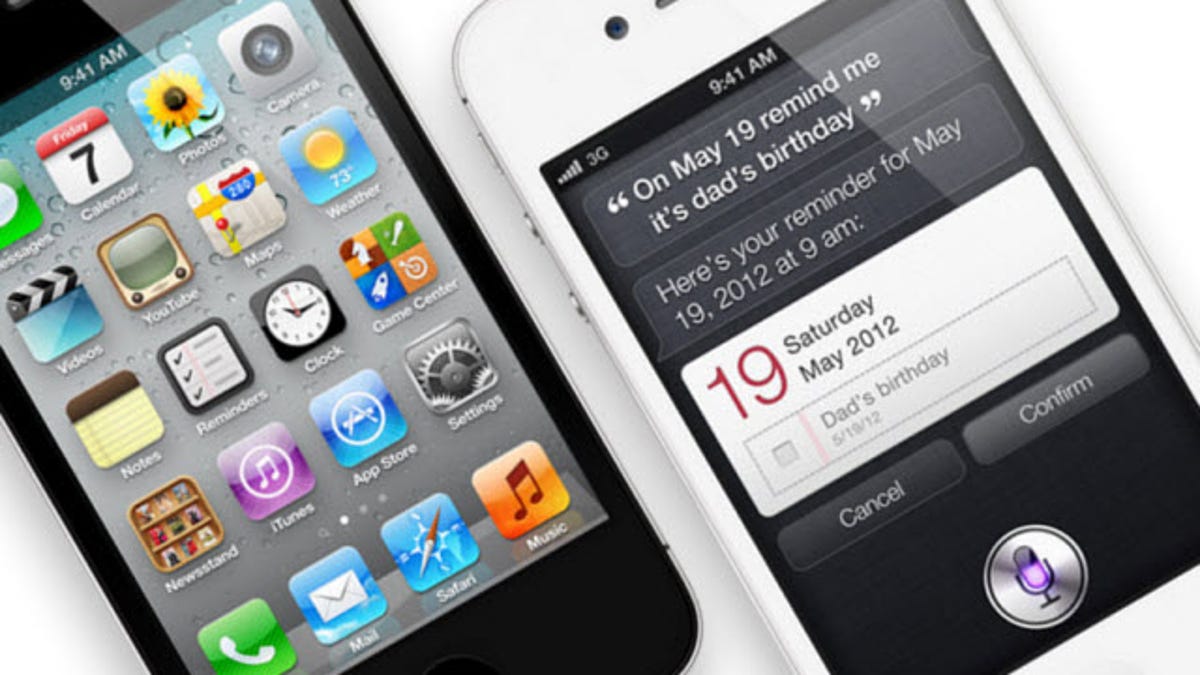Apple says it did not give FBI or 'any organization' device IDs
Apple denies any involvement with a massive list of user identification numbers that leaked out earlier this week.

Apple says it doesn't know anything about a massive list of unique identifiers released on the Web earlier this week.
In a statement this morning, Apple said it did not furnish a list of Unique Device Identifiers (UDIDs) to the FBI or anyone else, and that the feature was soon to be removed.
"The FBI has not requested this information from Apple, nor have we provided it to the FBI or any organization," Apple said in a statement provided to AllThingsD. "Additionally, with iOS 6 we introduced a new set of APIs meant to replace the use of the UDID and will soon be banning the use of UDID."
Earlier this week Anonymous-affiliated group AntiSec said it had obtained 12 million Apple UDIDs from the laptop of FBI Supervisory Special Agent Christopher K. Stangl by exploiting a Java vulnerability. In a statement yesterday theFBI rebutted that claim, saying it did not know anything about the laptop.
The list itself originally included user names, device names, device types, ZIP codes, cell phone numbers, addresses, and Apple Push Notification Service tokens. Some of that information was scrubbed by AntiSec, and only a portion of the list -- about a million UDIDs -- was shared.
Apple's iOS 6 is expected to be released alongside the company's next iPhone later this month. Developers have been working on beta versions of the software since early June.
CNET's Elinor Mills contributed to this report.

